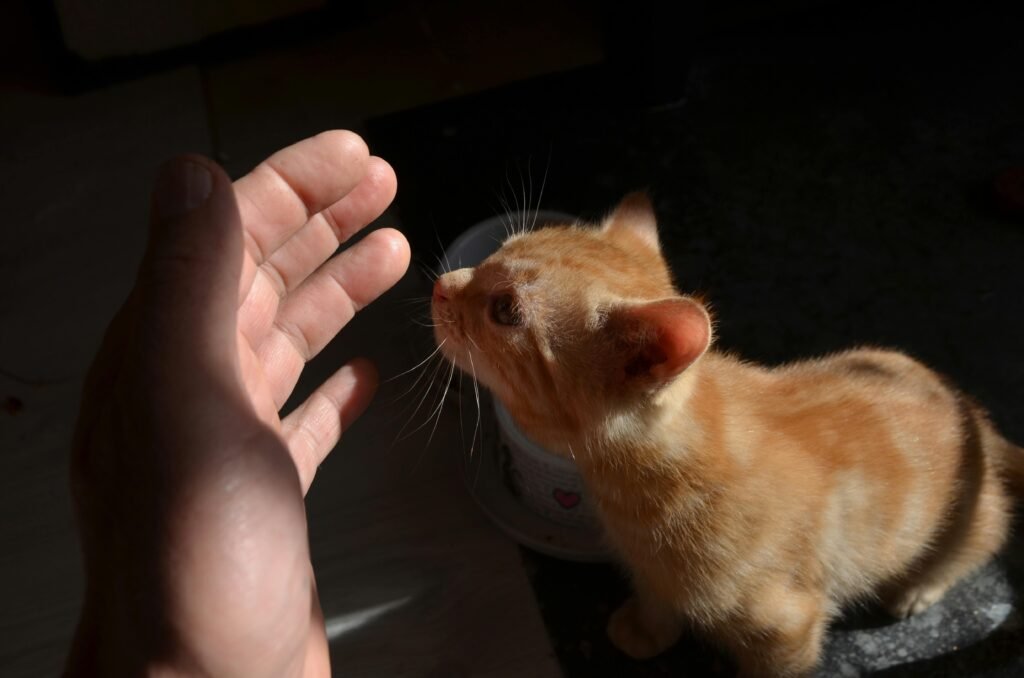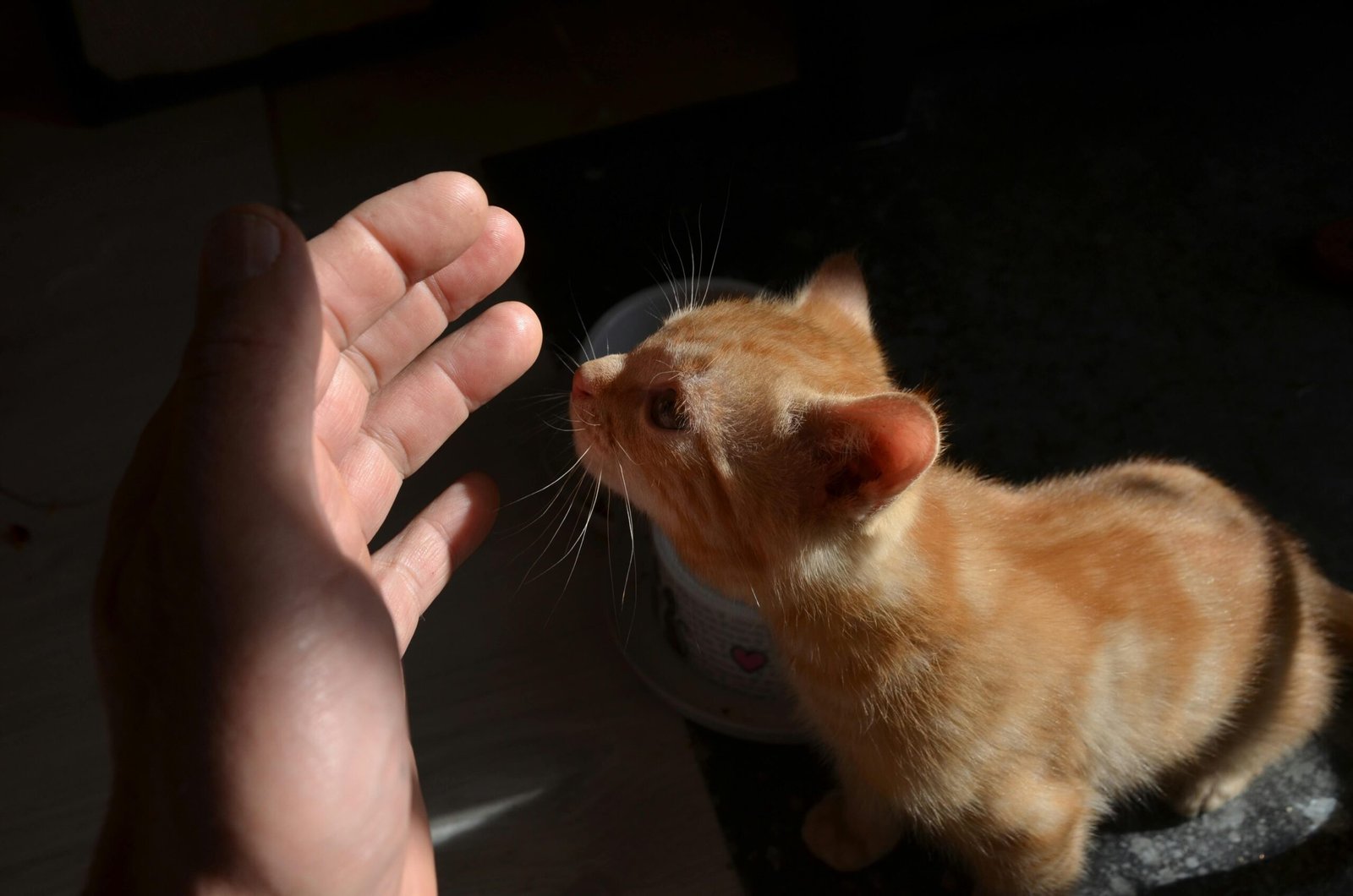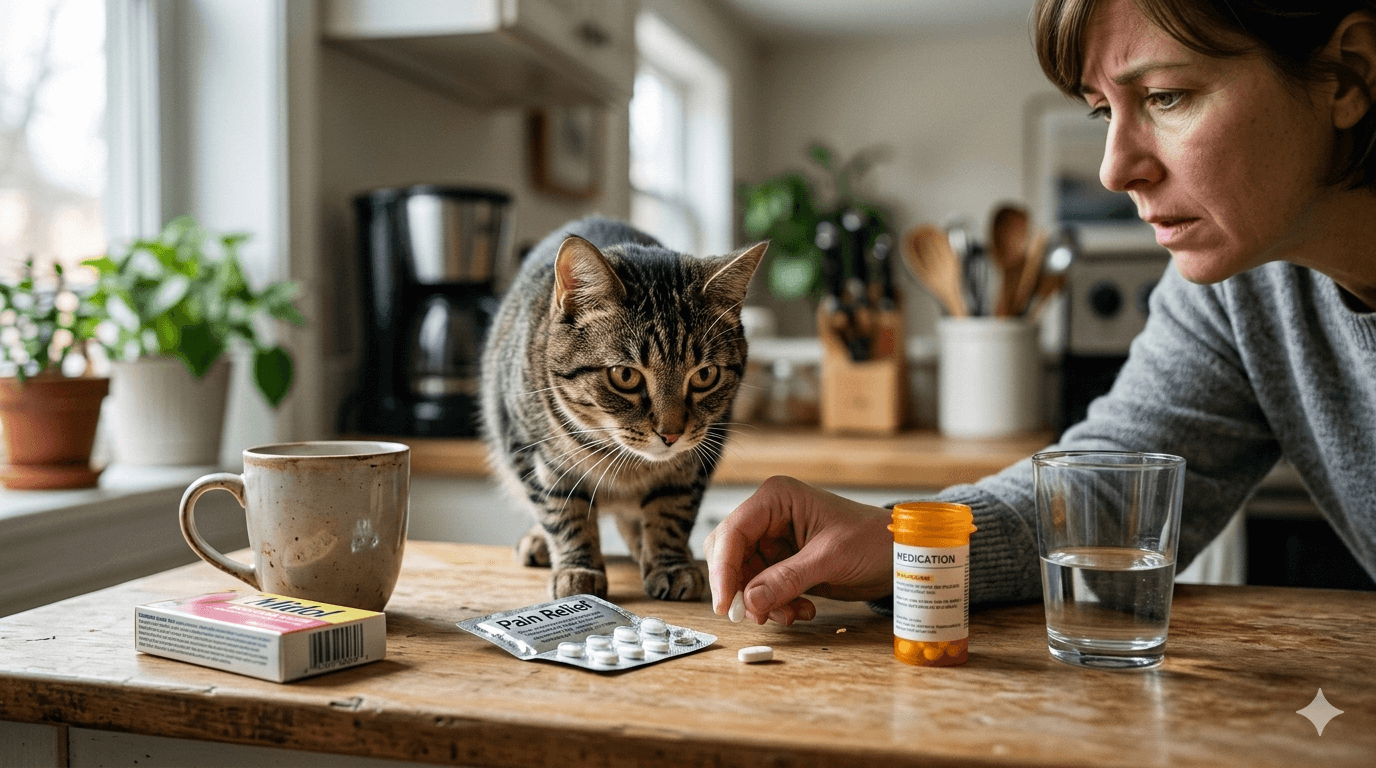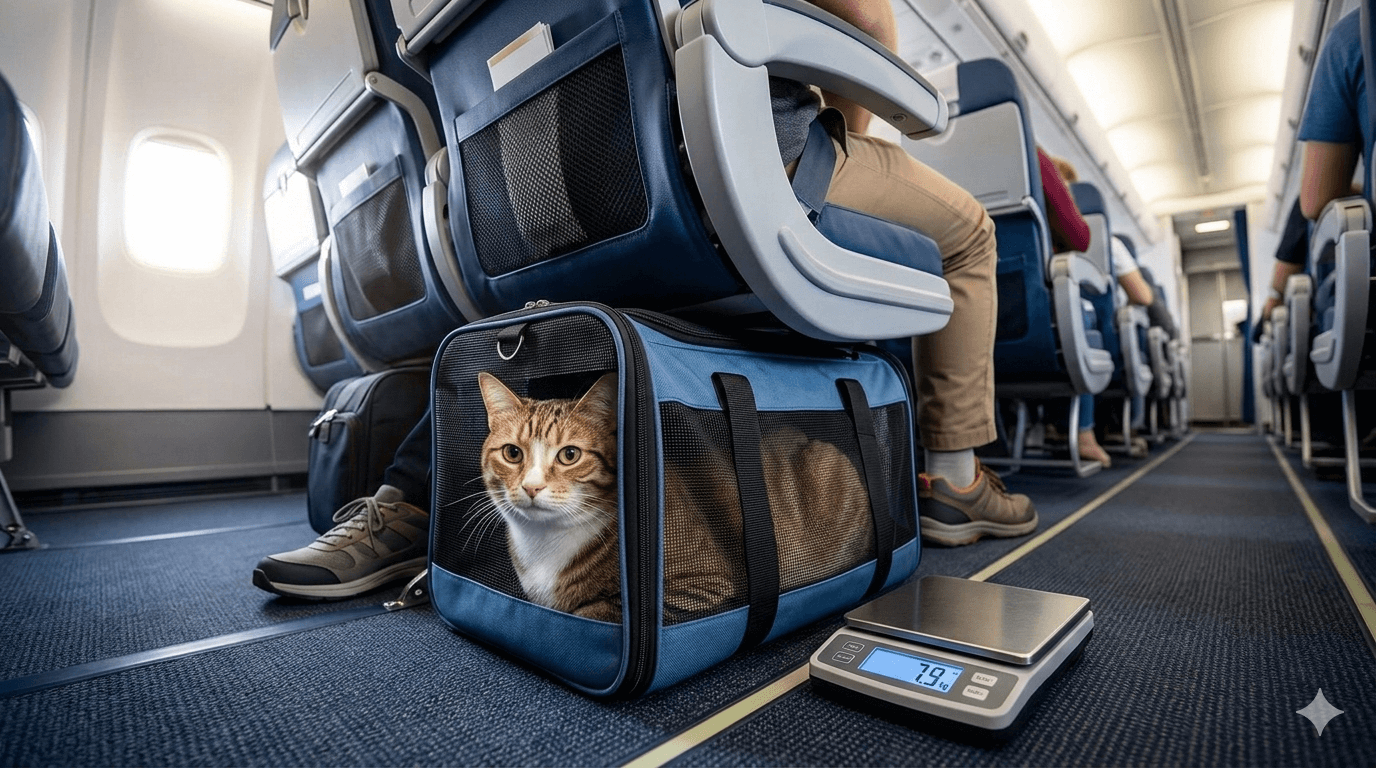Why Does My Cat Have Diarrhea? Understanding the Causes and Solutions
As a cat owner, few things are more concerning than noticing changes in your feline friend’s health. One of the most alarming signs is diarrhea. While it might seem like a minor issue at first, persistent diarrhea can indicate underlying health problems that need attention. Whether you’re dealing with an occasional episode or a recurring issue, understanding the potential causes and solutions can help you provide the best care for your furry companion. In this blog post, we’ll explore everything from common triggers to practical remedies, ensuring you’re well-equipped to support your cat’s digestive health.
Common Causes of Diarrhea in Cats
Diarrhea in cats can stem from a variety of factors, ranging from dietary indiscretions to serious medical conditions. Below is a list of some of the most frequent culprits behind this uncomfortable symptom:
Dietary Changes
Switching your cat’s food abruptly without a transition period can upset their sensitive digestive system.Food Intolerances or Allergies
Some cats may react negatively to specific ingredients, such as dairy, grains, or certain proteins.Parasites
Intestinal worms or protozoa like giardia can cause gastrointestinal distress and diarrhea.Infections
Bacterial or viral infections, such as feline panleukopenia, often lead to diarrhea as a primary symptom.Stress or Anxiety
Changes in the environment, such as moving homes or introducing a new pet, can trigger stress-related diarrhea.
Understanding these potential causes is the first step toward addressing your cat’s condition effectively. By identifying the root issue, you can take targeted action to alleviate their discomfort.
Signs That Your Cat’s Diarrhea Requires Immediate Attention
While occasional diarrhea is not always a cause for alarm, certain symptoms warrant prompt veterinary care. It’s essential to monitor your cat closely and recognize when professional intervention is necessary. Here are some red flags to watch out for:
Blood in Stool
The presence of blood indicates potential internal damage or infection that needs urgent treatment.Lethargy or Weakness
If your cat seems unusually tired or unresponsive, it could signal dehydration or a systemic issue.Vomiting
Frequent vomiting alongside diarrhea can quickly lead to dehydration and nutrient loss.Loss of Appetite
Refusal to eat for more than 24 hours is a sign that something is seriously wrong.Weight Loss
Unexplained weight loss accompanying diarrhea suggests an underlying chronic condition.
If your cat exhibits any of these symptoms, don’t hesitate to seek veterinary advice. Early diagnosis and treatment can make all the difference in restoring your cat’s health.
Check this guide 👉Why is My Cat Foaming at the Mouth? Best 7 Expert Tips!
Check this guide 👉Are Pothos Plants Toxic to Cats? Best 7 Health Tips!

Preventive Measures | Treatment Options |
|---|---|
Gradual diet transitions | Hydration therapy for dehydration |
Regular deworming treatments | Probiotics to restore gut balance |
Avoid feeding table scraps | Prescription diets for sensitive guts |
Minimize environmental stressors | Medications for infections or parasites |
Annual vet check-ups | Fluid therapy in severe cases |
How to Support Your Cat’s Digestive Health at Home
Taking proactive measures at home can significantly reduce the likelihood of diarrhea and promote overall digestive wellness. Here are some practical tips to keep your cat’s gut happy and healthy:
Provide a Balanced Diet
Choose high-quality cat food that meets their nutritional needs and avoids artificial additives.Introduce New Foods Slowly
Mix small amounts of new food with their current diet over 7–10 days to allow adjustment.Keep Water Accessible
Ensure fresh water is always available to prevent dehydration and support digestion.Create a Stress-Free Environment
Offer hiding spots, maintain routines, and minimize loud noises to reduce anxiety.Monitor Their Behavior
Regularly observe your cat’s eating habits, stool consistency, and energy levels for early warning signs.
By implementing these strategies, you can create a supportive environment that minimizes the risk of digestive issues. Prevention truly is the best medicine!
When to Consult a Veterinarian About Your Cat’s Diarrhea
Knowing when to involve a veterinarian is crucial for safeguarding your cat’s health. Here are scenarios where professional guidance is indispensable:
Persistent Diarrhea
If diarrhea lasts more than 2–3 days despite home care, consult your vet immediately.Underlying Health Conditions
Cats with pre-existing illnesses like diabetes or kidney disease require closer monitoring.Kittens or Senior Cats
Younger and older cats are more vulnerable to complications from diarrhea.Unexplained Weight Loss
Sudden drops in weight demand thorough investigation to rule out serious ailments.Behavioral Changes
Any significant shifts in behavior, such as aggression or withdrawal, should be evaluated.
Your veterinarian will conduct tests and recommend appropriate treatments tailored to your cat’s unique needs. Don’t delay seeking help—your cat’s comfort and recovery depend on timely intervention.
Foods to Avoid Feeding Your Cat
Certain foods can wreak havoc on your cat’s digestive system and should be avoided at all costs. While cats are curious creatures, their bodies are not equipped to handle many human foods. Here’s a list of items that could trigger diarrhea or other health issues:
Dairy Products
Most cats are lactose intolerant, and consuming milk or cheese can upset their stomachs.Onions and Garlic
These common kitchen staples can damage your cat’s red blood cells and cause toxicity.Raw Meat or Fish
While cats are carnivores, raw proteins may harbor harmful bacteria like salmonella.Chocolate
Even small amounts of chocolate can be toxic due to theobromine and caffeine content.Alcohol or Caffeinated Drinks
These substances can lead to severe poisoning and even death in cats.
By steering clear of these dangerous foods, you can protect your cat from unnecessary digestive distress and ensure their diet remains safe and nutritious.
Natural Remedies to Soothe Your Cat’s Digestive System
If your cat is experiencing mild diarrhea, natural remedies can sometimes provide relief without resorting to medications. However, always consult your vet before trying any new treatment. Below are some gentle options worth considering:
Pumpkin Puree
Plain canned pumpkin is rich in fiber and can help regulate bowel movements.Bone Broth
This nutrient-rich liquid can replenish electrolytes and encourage hydration.Slippery Elm Bark
Known for its soothing properties, this herb can coat the digestive tract and reduce irritation.Probiotics
Supplementing with feline-specific probiotics can restore healthy gut bacteria.Herbal Teas (Cooled)
Chamomile or peppermint tea may calm an upset stomach when offered in moderation.
While these remedies can be helpful, they are not substitutes for professional veterinary care if symptoms persist. Always prioritize your cat’s safety and well-being.
Tips for Transitioning Your Cat to a New Diet
Switching your cat’s food too quickly is one of the most common causes of diarrhea. A gradual transition is key to avoiding digestive upset. Follow these tips to make the process smooth and stress-free:
Start with a Small Proportion
Mix 10% of the new food with 90% of the old food for the first few days.Increase Gradually
Slowly increase the ratio of new food over a 7–10 day period to allow adjustment.Monitor Stool Consistency
Keep an eye on your cat’s stool to ensure it remains firm and regular during the transition.Stick to High-Quality Foods
Choose premium cat food brands that prioritize natural ingredients and balanced nutrition.Avoid Frequent Changes
Once settled, avoid switching foods frequently to maintain digestive stability.
A thoughtful and patient approach to dietary changes will help keep your cat’s digestive system happy and minimize the risk of diarrhea.
FAQ
How long does cat diarrhea usually last?
Mild cases typically resolve within 1–2 days. If it persists beyond this timeframe, consult a vet.
Can I give my cat human medication for diarrhea?
No, human medications can be toxic to cats. Always consult your vet before administering any drugs.
Is diarrhea dangerous for kittens?
Yes, kittens are prone to dehydration and rapid health decline due to diarrhea. Seek immediate veterinary care.
Should I withhold food during diarrhea episodes?
It’s generally safe to fast adult cats for 12–24 hours, but ensure they stay hydrated. Kittens should not be fasted.
How can I tell if my cat is dehydrated?
Check for dry gums, sunken eyes, and poor skin elasticity. If unsure, visit your vet for confirmation.
Final Thoughts: Prioritizing Your Cat’s Digestive Health
Diarrhea in cats, while distressing, is often manageable with the right approach. By staying informed about its causes, recognizing warning signs, and taking preventive measures, you can ensure your cat enjoys optimal digestive health. Remember, your feline companion relies on you to advocate for their well-being. Whether through dietary adjustments, stress reduction, or timely vet visits, every step you take contributes to their happiness and longevity. With patience and care, you’ll navigate this challenge successfully and strengthen the bond you share with your beloved pet.
Can I Give My Cat Midol? Best 7 Expert Tips! – Learn the risks, symptoms, and safe alternatives to keep your cat healthy and avoid toxic reactions.
Can I Give My Dog Midol? Best 7 Expert Tips! – Discover the risks, safe alternatives, and expert advice to keep your dog safe from accidental poisoning.
Maximum Weight for Cats on Planes: Best 7 Expert Tips! – Learn airline policies, tips to stay compliant, and ensure safe travels for your feline friend.
Max Weight for Dogs on Planes: Best 7 Expert Tips! – Discover airline weight limits, safe travel tips, and solutions for flying with your dog stress-free.





